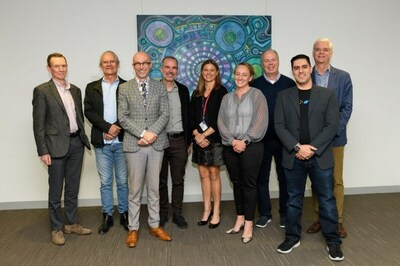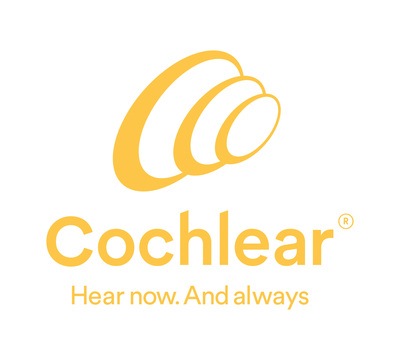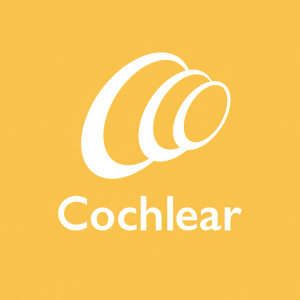Hearing loss in global spotlight as technology and research leaders collaborate to tackle rising impact, and experts unite to demystify care
Cochlear, along with members of the Australian Hearing Hub, including National Acoustic Laboratories and Macquarie University, has initiated a groundbreaking collaboration with Google to develop innovative solutions to address hearing loss. This multi-year project will leverage artificial intelligence and machine learning to create personalized hearing devices, targeting environments with complex soundscapes. Additionally, experts have released the first international guidelines for cochlear implant eligibility, aiming to improve screening and referral practices. Currently, only 3 out of 100 adults who could benefit from these implants actually receive them, highlighting the need for better awareness and access.
- Collaboration with Google aims to enhance hearing technology through AI and machine learning.
- Development of personalized hearing models for complex listening environments.
- First-ever international guidelines released to improve cochlear implant referral processes.
- Only 3% of adults in the U.S. who could benefit from cochlear implants actually receive them, indicating a significant accessibility issue.
Insights
Analyzing...
- Cochlear and Australian Hearing Hub Members,
National Acoustic Laboratories (NAL),Macquarie University , The Shepherd Centre, and NextSense, announce research collaboration with Google combining expertise in hearing, speech, artificial intelligence, machine learning and neurosciences, to generate new solutions to tackle hearing loss. - Medical experts release first-ever international guidelines outlining when adults with hearing loss should be screened and referred for a cochlear implant.
World-first hearing collaboration announced with Google
Cochlear, together with the Australian Hearing Hub members,
The agreement is a multi-year collaboration. Research teams will evaluate new methods, such as machine learning, big data, speech enhancement, cloud computing and neuroscience to improve and develop hearing technologies and strategies.
The first project seeks to personalize hearing models in listening devices. This technology could be particularly beneficial for people using hearing devices in complex listening environments, such as busy restaurants, group conversations or live music performances. The overlapping sounds in these kinds of settings can be challenging for people using hearing devices to process and decipher various types and ranges of sound.
NAL Director, Dr
Experts publish first-ever guidelines on
A cross-section of experts has published the first-ever international guidelines outlining
Estimates suggest that out of every 100 adults in the
Meredith Holcomb AuD. Director, Hearing Implant Program,
"People sometimes delay seeking treatment for hearing loss until they are struggling in their everyday life. Even when they do receive help, they may see multiple hearing healthcare providers in the same city and get different advice about their treatment options. Unfortunately, many are never told about the option and benefit of cochlear implants until their hearing is horribly bad."
"With these guidelines, adults living with hearing loss and clinicians treating hearing loss will have consistent evidence-based advice about
For more information visit adulthearing.com/living-guidelines.
About
People have always been Cochlear's inspiration, and since 1981, Cochlear has provided more than 700,000 devices in more than 180 countries, helping people of all ages around the world to hear. As the global leader in implantable hearing solutions, Cochlear connects people with life's opportunities.
Cochlear continually innovates to anticipate future needs, investing more than AUD
www.cochlear.com
References
- World report on hearing.
Geneva :World Health Organization ; 2021. Licence:CC BY-NC-SA 3.0 IGO.S - Living Guidelines for Cochlear Implantation in Adults. Available at https://app.magicapp.org/#/guideline/j2bBrj/section/noR8W1. [Last Accessed
February 2023 ] - Nassiri AM, Sorkin DL, Carlson ML. Current Estimates of Cochlear Implant Utilization in
the United States . Otol Neurotol. 2022Jun 1 ;43(5):e558-e562. doi: 10.1097/MAO.0000000000003513. Epub 2022Mar 8 . - Nassiri AM, Marinelli JP, Sorkin DL, Carlson ML. Barriers to Adult Cochlear Implant Care in
the United States : An Analysis of Health Care Delivery. Semin Hear. 2021 Nov; 42(4): 311–320.
Please seek advice from your health professional about treatments for hearing loss. Outcomes may vary, and your health professional will advise you about the factors which could affect your outcome. Always follow the directions for use. Not all products are available in all countries. Please contact your local Cochlear representative for product information.
Views expressed are those of the individual. Consult your health professional to determine if you are a candidate for Cochlear technology.
Cochlear, Hear now. And always, Nucleus, and the elliptical logo are either trademarks or registered trademarks of the Cochlear group of companies.
©
D2053649 V1 2022-12
![]() View original content to download multimedia:https://www.prnewswire.com/news-releases/hearing-loss-in-global-spotlight-as-technology-and-research-leaders-collaborate-to-tackle-rising-impact-and-experts-unite-to-demystify-care-301766406.html
View original content to download multimedia:https://www.prnewswire.com/news-releases/hearing-loss-in-global-spotlight-as-technology-and-research-leaders-collaborate-to-tackle-rising-impact-and-experts-unite-to-demystify-care-301766406.html
SOURCE









